Deposing governments sans violence
Pakistan’s upcoming general election is an example of a slow-motion coup without the accompanying violence as the military deposes an inconvenient prime minister with a more pliable candidate

Senior Fellow, Energy, Investment and Connectivity
Energy: Trade, Markets, Geopolitics & Technology; Investments; Connectivity, Infrastructure, OBOR, BRI
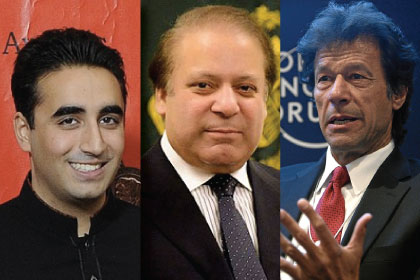 Courtesy: Gateway House
Courtesy: Gateway House
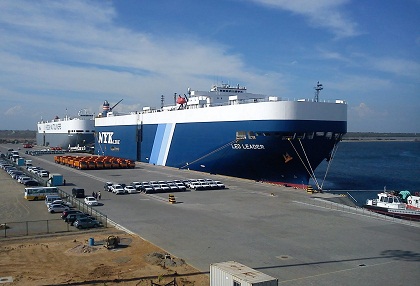 Courtesy: Wikipedia
Courtesy: Wikipedia
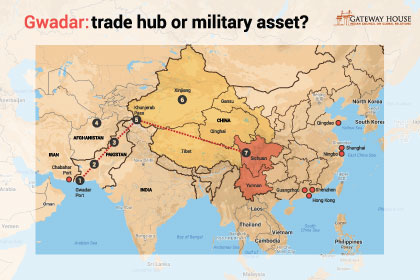 Courtesy: Gateway House
Courtesy: Gateway House
 Courtesy:
Courtesy:
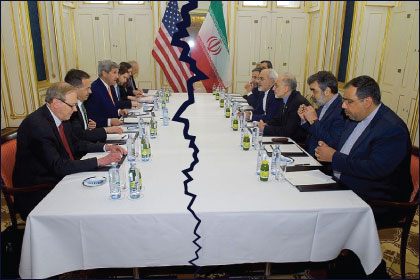 Courtesy: Gateway House
Courtesy: Gateway House
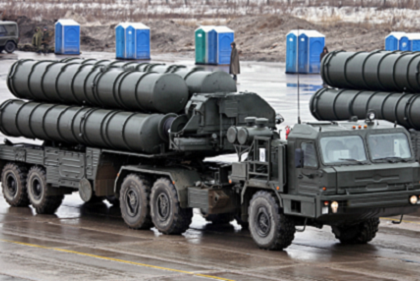 Courtesy: Wikimedia Commons
Courtesy: Wikimedia Commons
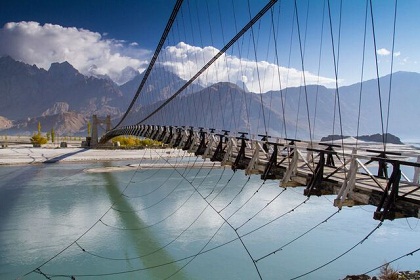 Courtesy: The Third Pole
Courtesy: The Third Pole
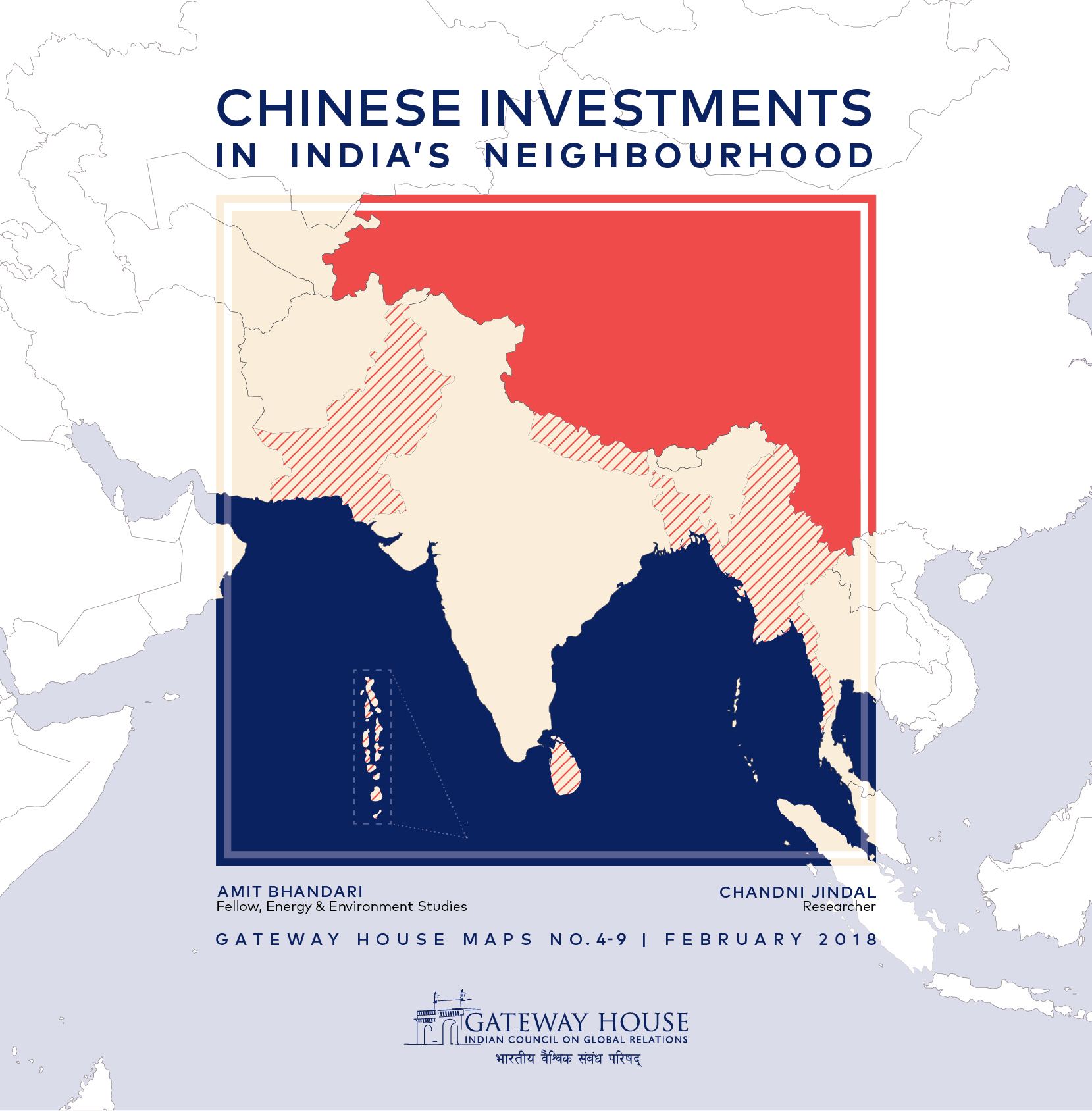 Courtesy: Gateway House
Courtesy: Gateway House
 Courtesy: Gateway House
Courtesy: Gateway House
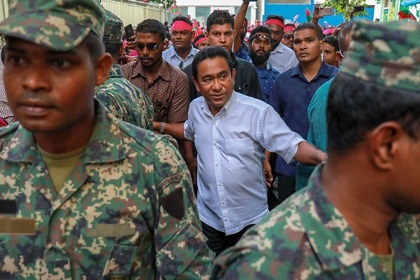 Courtesy: New York Times
Courtesy: New York Times
